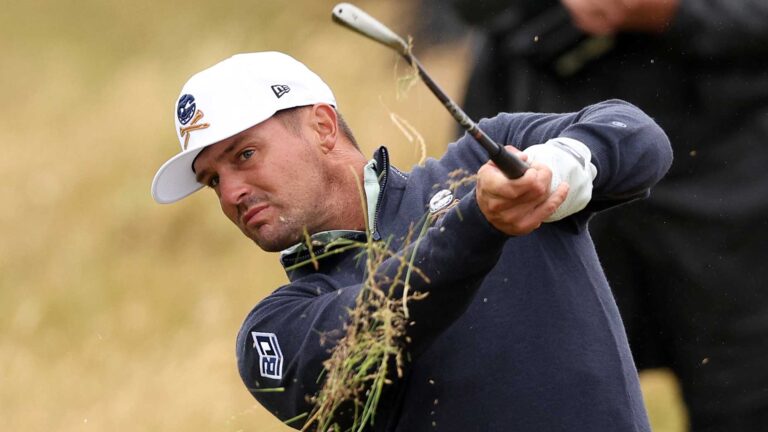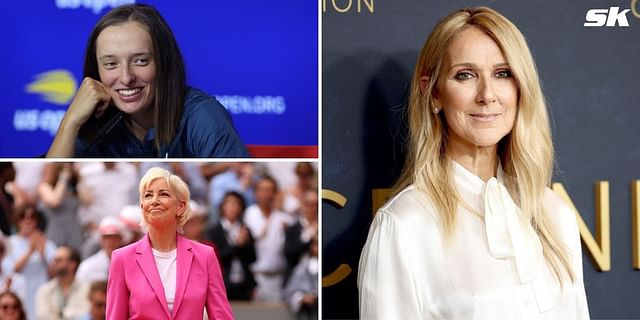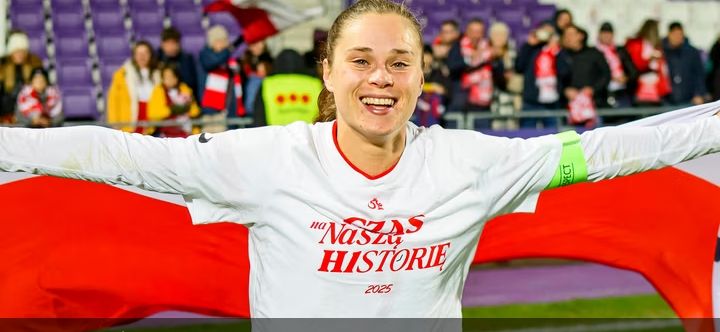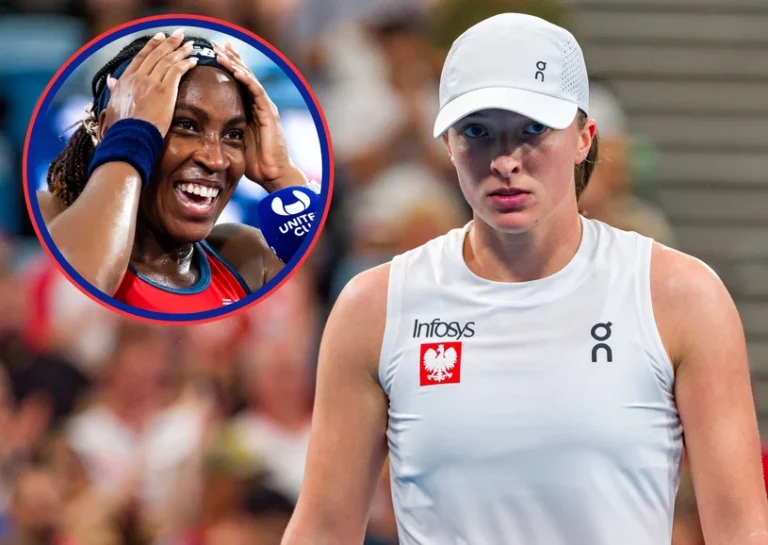After Open struggles, Bryson DeChambeau says he’ll change approach to links golf
Bryson DeChambeau’s Major Championship Journey: A Tale of Triumph and Trials
In the world of professional golf, few seasons have been as compelling as Bryson DeChambeau’s performance through the year’s first three major championships. DeChambeau demonstrated a blend of power, precision, and strategic brilliance that had him atop the leaderboard and the center of attention. His notable achievements included a tie for sixth at the Masters, a second-place finish at the PGA Championship, and a victory at the U.S. Open. The triumph at the U.S. Open was particularly remarkable, featuring a dramatic finish at Pinehurst No. 2 where he executed a legendary up-and-down from the front bunker on the 18th hole to narrowly edge out Rory McIlroy by a single stroke.
These impressive results positioned DeChambeau as the most successful golfer in the majors up to that point. The golf world watched with bated breath as he had the opportunity to craft a historically significant major season. However, DeChambeau’s quest for a historic year encountered a setback when he arrived at Royal Troon for the Open Championship. His performance was far from stellar: he shot a disheartening six-over par 42 on the front nine and ultimately missed the cut after rounds of 76 and 75.
This was not the first time DeChambeau faced challenges in overseas tournaments. Despite his impressive record with three top-four finishes at the PGA Championship and two U.S. Open victories, his performances at the Open Championship had been inconsistent. In seven starts, he had missed three cuts and recorded just one top-30 finish.
Ahead of LIV Golf’s UK event, DeChambeau was candid about his struggles at the Open Championship. In a rare display of vulnerability, he openly acknowledged his difficulties with the unique demands of links golf. “I’m going to try and keep this as quick as possible,” DeChambeau began. “For me, I learned a lot more than I had in the other three majors. Playing more of American-style golf, even at Augusta, I’ve played there enough and I know how to play those types of golf courses, for the most part. Always can get better in small areas. But the Open Championship has always been kind of a different one for me.”
DeChambeau elaborated on the challenges he faces in the Open Championship, particularly under adverse weather conditions. “I have played well in sunny, dry, normal conditions there, but when it gets really wet and windy and nasty, I’ve always struggled.” This admission was significant; it reflected DeChambeau’s acceptance of his limitations and his willingness to confront and overcome them.
Despite his difficulties, DeChambeau found a glimmer of progress during the Open Championship. “Last week, I felt like I broke the seal a bit in that second round,” he noted. “Even though I didn’t play that great, I felt like I could control the golf ball for the first time in those types of conditions, and that was a huge moment for me to go, okay, I think I can do this if I just work a little bit harder leading into this tournament in these conditions.”
He emphasized the importance of preparation for future tournaments, especially under challenging conditions. “I think prep work next year is going to be a big thing for me going into the Open.” DeChambeau’s approach has always been unconventional, favoring a consistent shot shape and technique over adapting to varying conditions. However, he recognizes that links golf requires adaptability.
“My oversimplified approach is that I try to hit the same shot shape every single time; I’d rather be the master of one than try to dial up something new depending on the situation,” he explained. “I make some adjustments, of course — watch the Warming Up video below to get a better sense of how I think through this stuff — but I prefer to hit a high draw whenever I can. That works better in soft conditions and mild winds than in the firm, gusty conditions of the U.K.”
DeChambeau’s strategy involves controlling the wind and adapting his shot shapes to the conditions. “If I can focus on figuring out how to get the wind down and making sure, if it’s a right-to-left wind, not hitting a draw in a 30-mile-an-hour right-to-left wind where it’s going to go 70 yards left,” he said. “Working on controlling shots, flighting shots, wedge shots, and working in windy conditions on putting greens, I feel like I’m going to give myself a decent chance.”
This realization reflects a broader evolution in DeChambeau’s approach to the game. While his unorthodox methods have brought him considerable success, he acknowledges the need to embrace conventional wisdom and adapt to the unique challenges of links golf. It represents a significant development in his career: the willingness to adapt and evolve his game in response to new challenges.
DeChambeau’s growth extends beyond his game; it includes his perspective on mistakes and learning. Reflecting on past regrets, he shared, “The thing I struggle with, when someone says ‘I regret this, I regret that,’ it’s like, wait, did you learn from it? And if you didn’t learn from it, then yeah, sure, you can regret it. But if you’ve learned from the regretful moment, that is so valuable to your life. I don’t regret much. What I do know is I’ve learned from a lot of my mistakes.”
Amidst his reflections on his own game, DeChambeau also offered praise for his peer, Xander Schauffele, who had an outstanding year. Schauffele’s achievements included a tie for eighth at the Masters, a victory at the PGA Championship, a tie for seventh at the U.S. Open, and a decisive win at the Open Championship. “Playing junior golf with Xander, playing collegiate golf with him, he’s always been a superstar,” DeChambeau remarked. “I’ve looked at him like, ‘Man, if I can beat him, that’s really good.’ He’s going to be great for a long time. Seeing his career develop and become better over the course of time has been awesome, and for him to win two this year, it’s a groundbreaking year for him.”
DeChambeau acknowledged Schauffele’s ability to navigate the inherent unpredictability of the Open Championship. “You always have to have luck on your side in certain conditions, but playing really steady golf like Xander did showed that it doesn’t matter; you can win with just a consistent good game,” he said. “He obviously conquered that challenge, and one that I’m looking forward to next year.”
Paul Casey, seated alongside DeChambeau, couldn’t resist a playful jab. “By the way, that was such a dumbed-down answer,” Casey quipped. “Because the one you gave us yesterday was about 15 minutes long and involved spin axis and geometry of golf balls and contact and…”
DeChambeau’s approach to links golf, characterized by his blend of traditional and unconventional methods, is a work in progress. His journey reflects a broader narrative of adaptation and growth, showcasing his commitment to overcoming challenges and evolving as a golfer.






